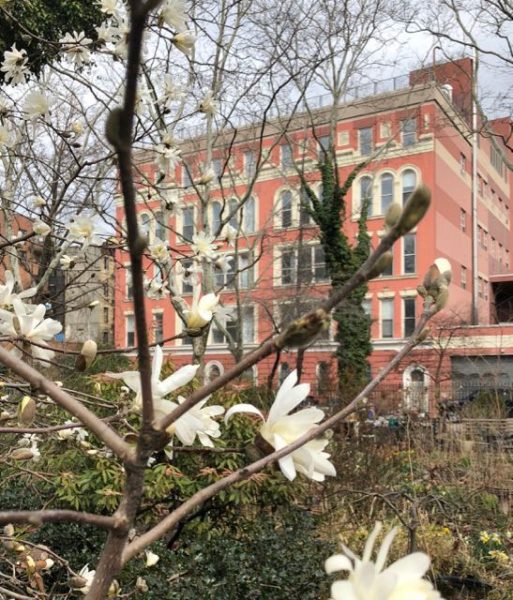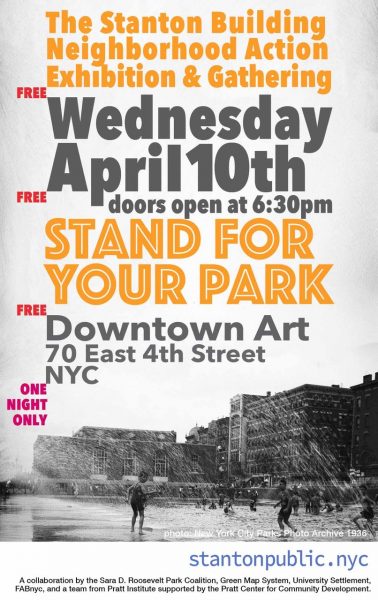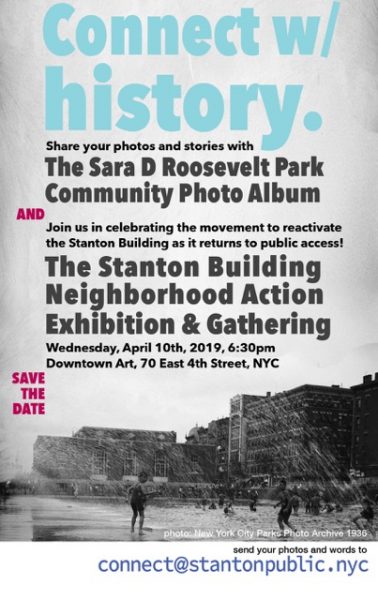From: Neighbors to Save Rivington House Will be speaking at the CB3 Health Committee this Thursday, April 4th 6:30pm
Neighbors to Save Rivington House at CB3 Health Committee on April 4th 6:30pm
Location: “The Lee” 133 Pitt Street at Houston Street
“Mount Sinai has signed a 30 year lease on Rivington House. While N2SaveRH is pleased to have the building’s resources go towards a more public purpose, we also note that not a single bed will be devoted to local community elders who built this place and for whom this fight was waged.
Neighbors to Save Rivington House (with expertise on hospital mergers, public healthcare, reimagined nursing home care, continuums of care, architecture, former Rivington House employees, etc) will present some of what we’ve learned in this 3 ½ years on a number of issues at this coming CB3 Health Committee on April 4th 6:30pm
The unanswered issues:
There is still no provision being made in Rivington House for those in desperate need of a local nursing home bed on the continuum of care for elders who built this community.
There is no vision or plan for how we intend to tackle the Public Health crisis of Alzheimer’s and other dementias.
There is no plan in place to create anything here (or anywhere?) for people of little (or middle class) means who are in this predicament.
There is no NY State overhaul of the nursing home industry, so we can continue to expect lousy inhumane care for vulnerable people while profiteering nursing home providers make money.
And…we know little about Mount Sinai as a community partner.
In the end, whether this became luxury condos or a ‘behavioral health’ center it would mean exactly the same outcome for the people we fought for:
Nothing.
Neighbors to Save Rivington House”

Twitter: @Nabe2SaveRH
#CareNotCondos #RivingtonHouse







